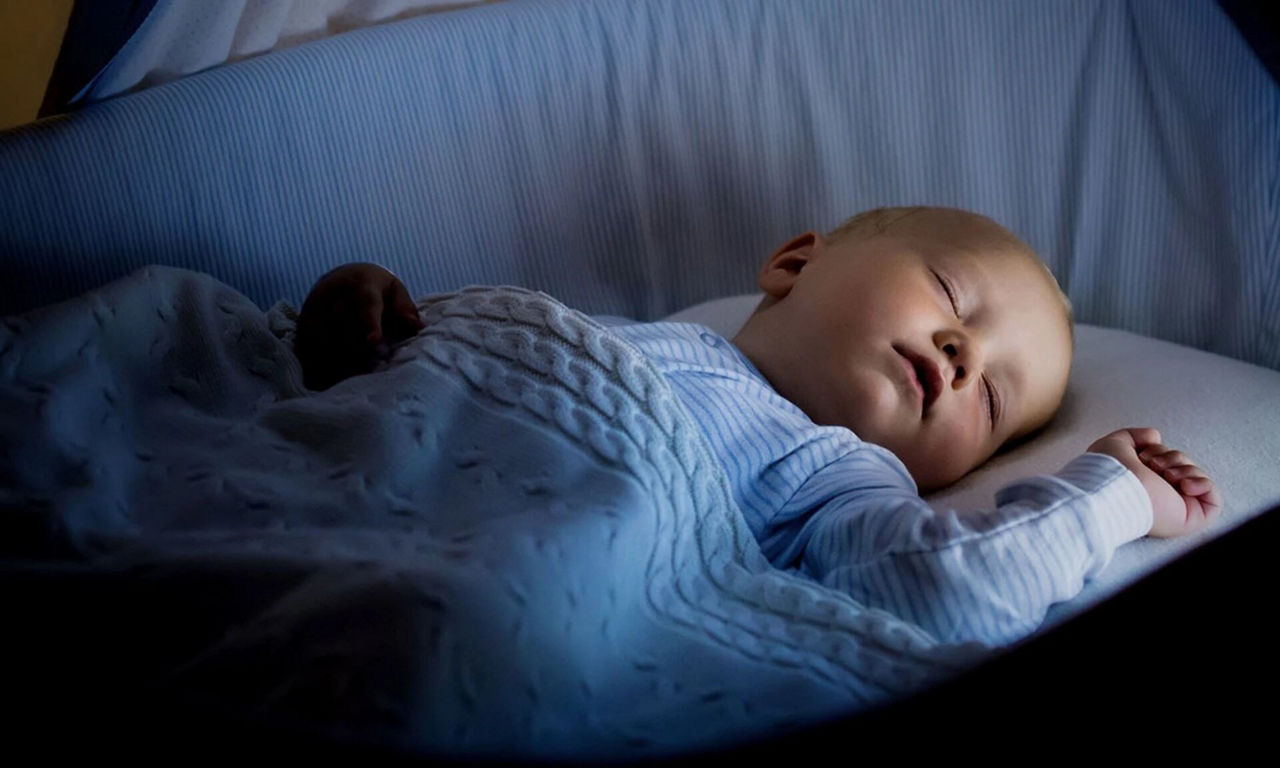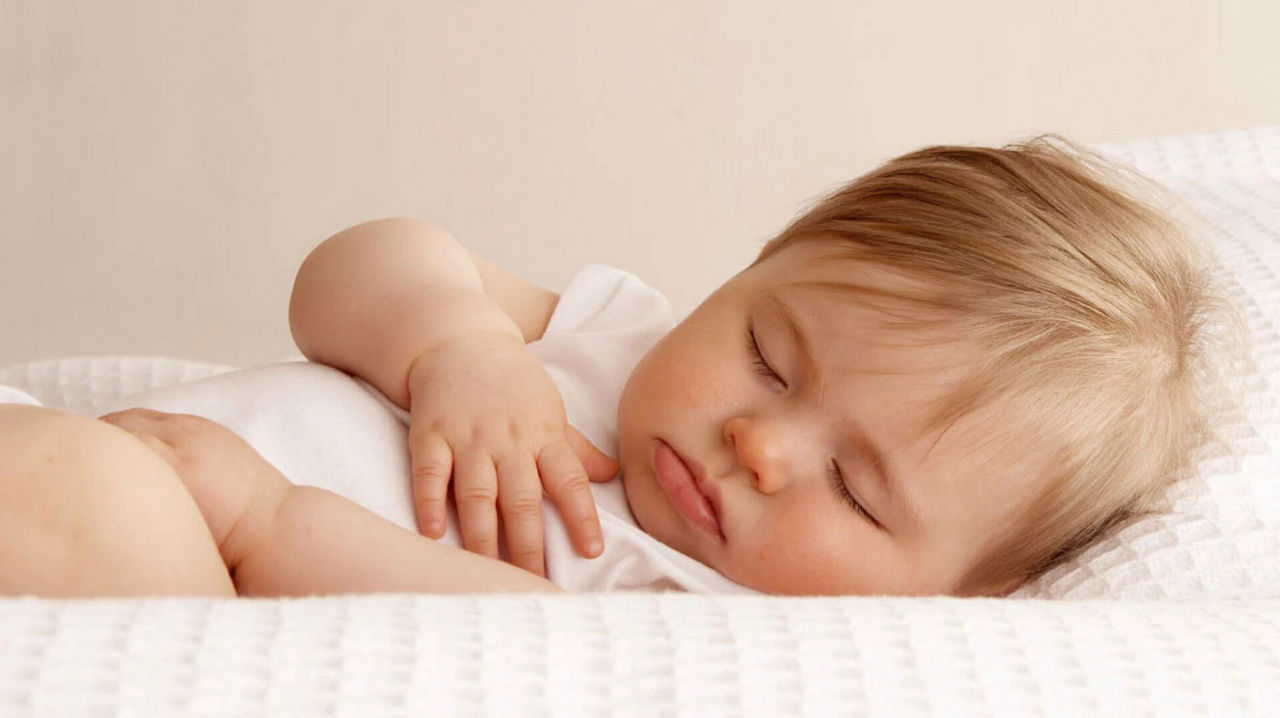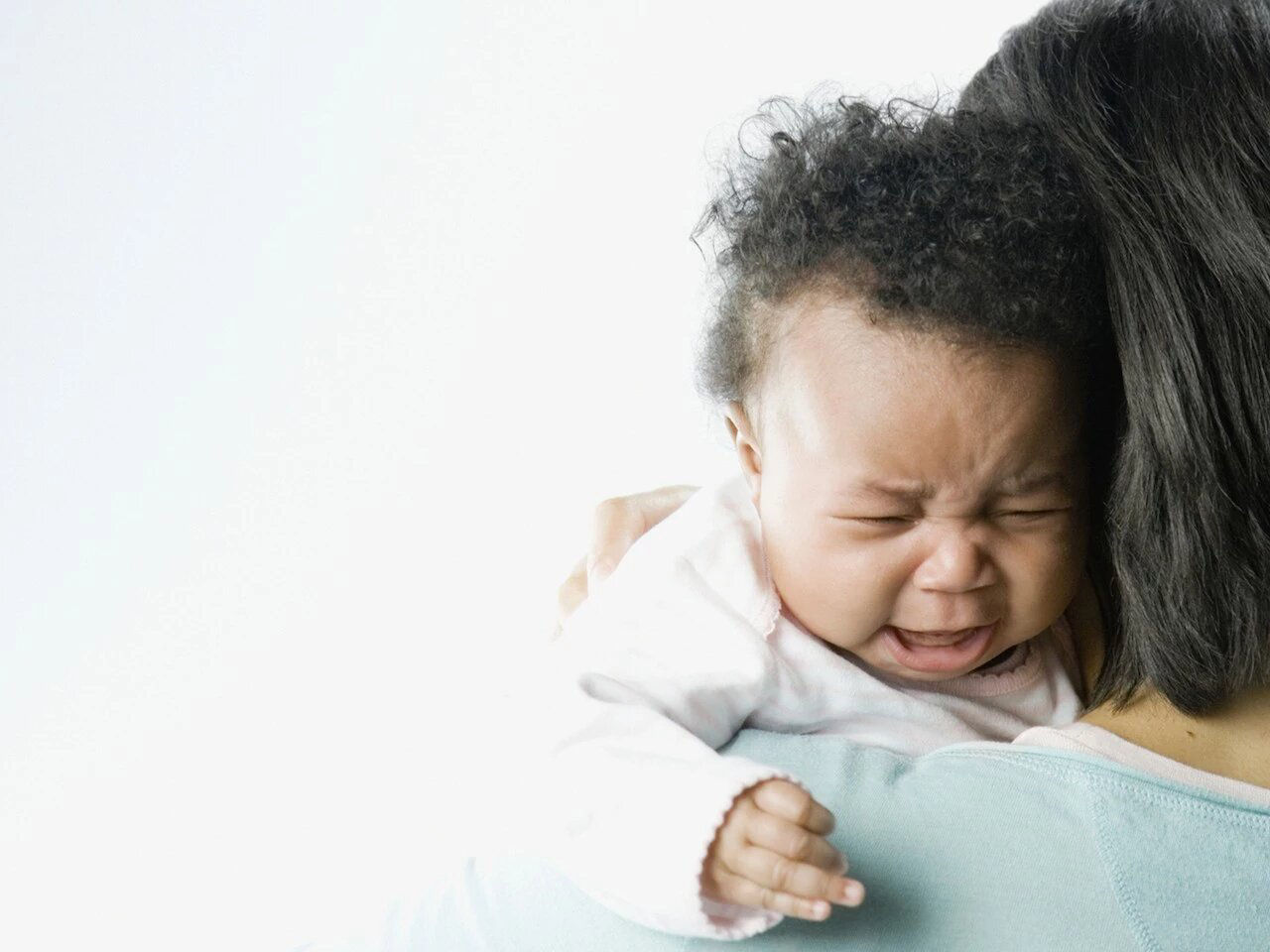We all know that sleep is vital for our health and wellbeing – we feel pretty rubbish when we don’t get enough – but for babies it’s also particularly important for their growth. Unfortunately sleep deprivation is almost inevitable for new parents, despite the fact that newborns regularly sleep up to 18 hours a day!
This is because every baby has a different sleep pattern and it’s unlikely it will fit in with yours for some time. The likelihood is that your newborn’s sleep will be erratic, unpredictable and leave you feeling utterly exhausted. But there are strategies that can help you cope, including easing into a routine from around two months. By understanding your baby’s sleep patterns, and with a bit of luck, by six months, you may persuade them to sleep soundly through the night – most of the time!






